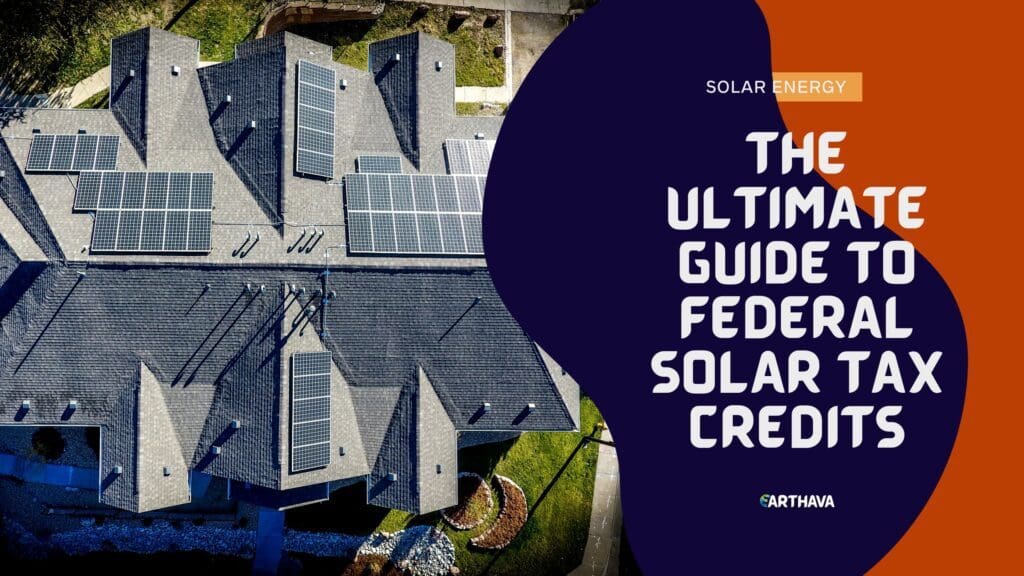Installing solar panels can be an expensive endeavor. However, if you have the money to put up to do it, they will pay off over time. With the Green movement sweeping across the states, there are many added incentives for installing solar panels, whether for personal use or your business.

Florida specifically does not have a state solar rebate plan, however, several utility companies offer these instead. You can also seek rebates on the Federal level in tax credits. In addition to the savings you will receive on your power bill, these federal solar tax credits, rebates, and loans will help to lower your overall cost and subsidize your upfront cost as well.
Rebates
Most utility companies will offer rebates per amount of power that your solar system produces, measured in Watts. On your power bill, you will see that you are charged based on the number of Kilowatt hours that you consume. When you install a solar system, its purpose isn’t to directly power your utilities as some may think. The power is fed back into the electrical grid, and you will receive a deduction on your monthly bill based on the amount of power that you feed back into the grid.
With Florida Power and Light, for example, you can qualify for $2.00 per watt to be awarded back to you for having a residential unit installed. Commercial owners can qualify for anywhere from $1.00 to $2.00 for their DC wattage (DC stands for Direct Current as opposed to Alternating Current). You need to apply for annual rebates that will be awarded on a first come first serve basis. For residential customers, they offer up to $20,000 and commercial up to $50,000. This is just one utility company, and these numbers will vary depending on the utility company in your area.
Progress Energy is another large utility company in the Central Florida area. They offer similar savings as Florida Power and Light for systems between 2kW and 10kW in size. You need to apply for their rebates well in advance if you want to stand a chance at receiving them. In most cases, this means filling out your paperwork at least a year in advance and sometimes more.
Certain geographical areas also have incentives and added perks for installing solar systems. If you are lucky enough to be in one of these cities you can receive hundreds to thousands of dollars for your installation costs.
Financing
Be wary of any loans that are offered because in most cases you will end up paying more than you need to or is worthwhile because of the interest you will pay for it. The interest alone will wipe out any savings that you are seeking by installing a solar system. Look for government grants, and federal rebates before looking into loans to get you started. For example, if you were to take out a 10-year loan at a 5% fixed interest rate on a system costing upwards of $20,000, you would be paying over $8,000 more than if you were to find a way to buy it upfront.
Tax Exemption
Florida residents are also exempt from sales tax on solar installations. It is important to do your homework and investigate all rebates and savings that are offered so that you don’t pay more than you have to for your system. Between federal tax savings and state tax savings, you could be missing out on a lot of money coming back to you. Investigate the utility companies in your area to see what type of savings they offer on a per-wattage basis. If you cover all of these areas you will set yourself up nicely to see a return on your investment.


